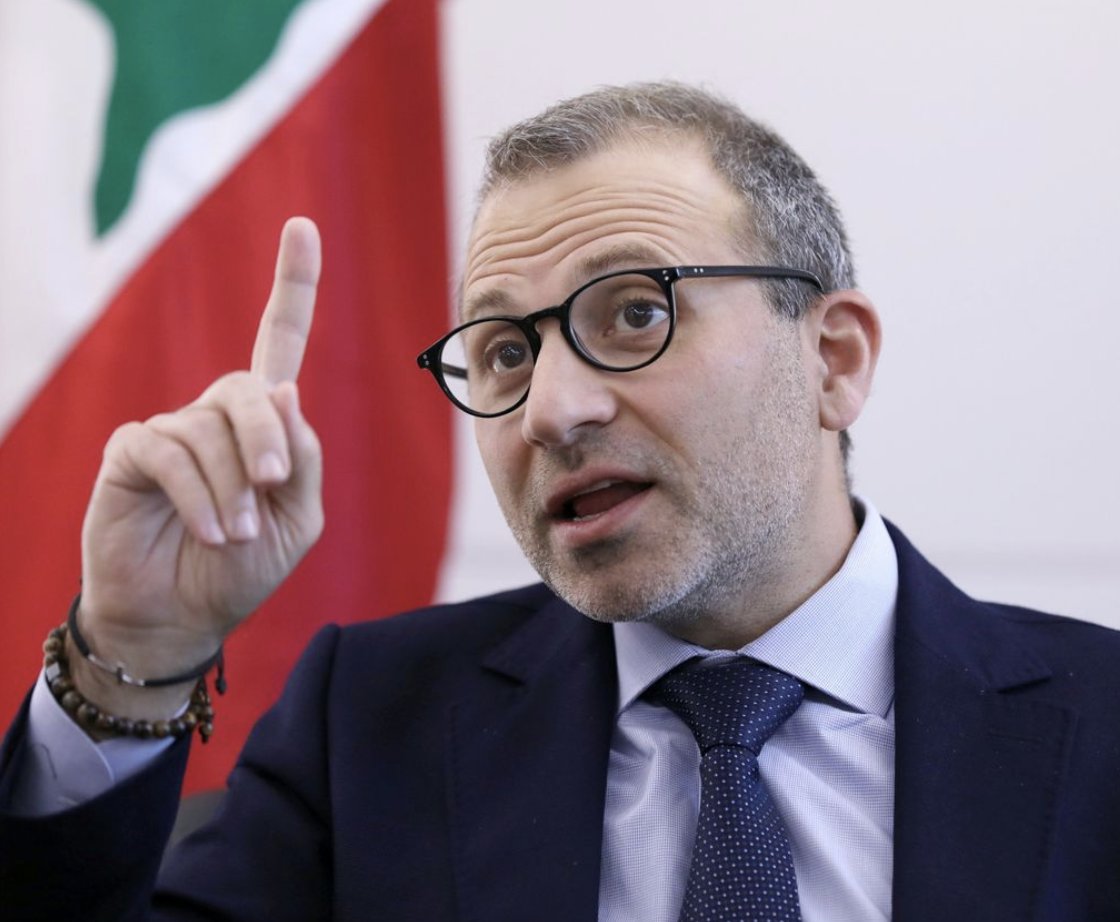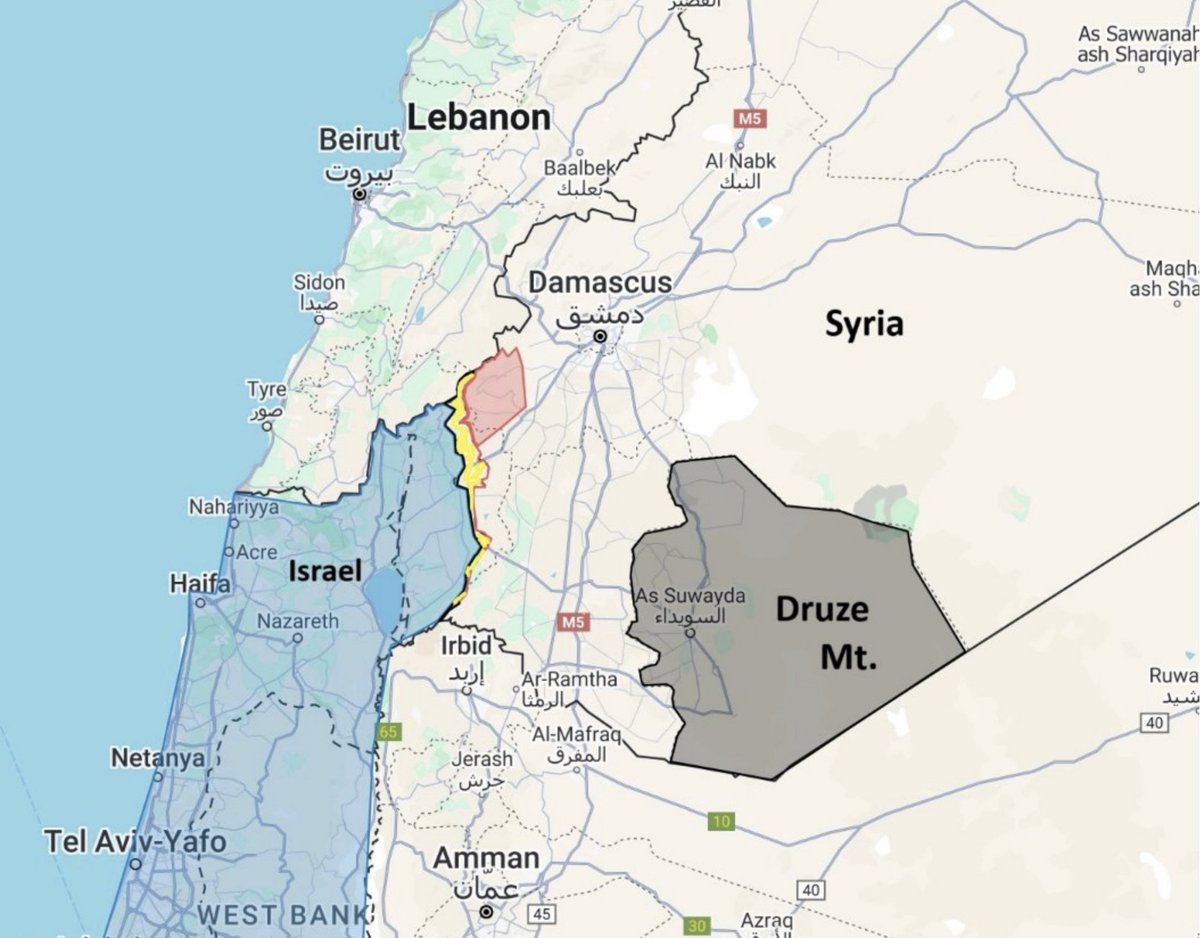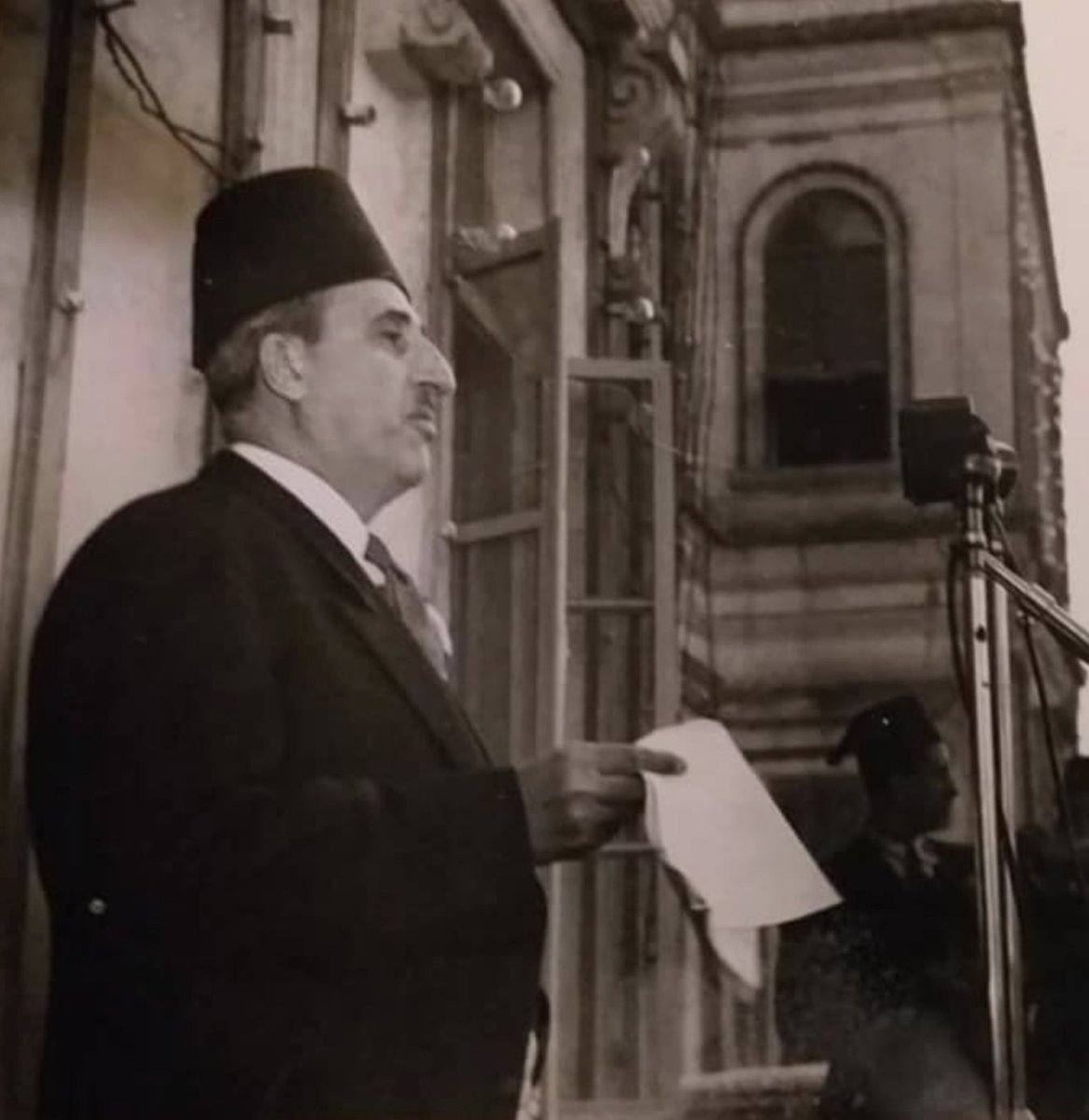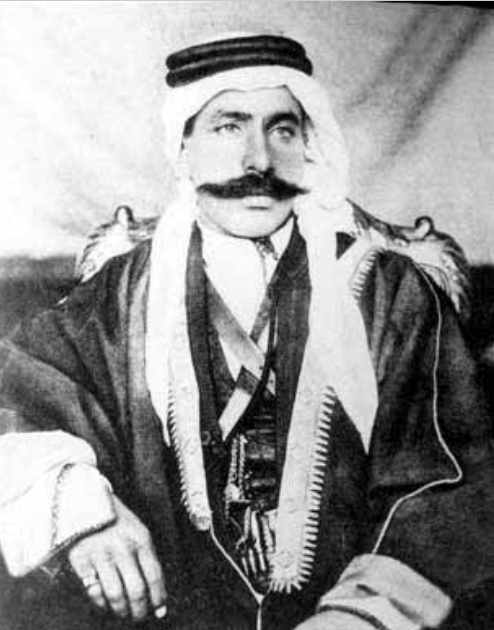Sanctions to Fix Lebanon
The Trump administration is preparing anticorruption sanctions against Hezbollah’s allies in Lebanon, as it seeks to weaken the group in the aftermath of the Beirut explosion.
wsj.com/articles/u-s-p… via @WSJ
The Trump administration is preparing anticorruption sanctions against Hezbollah’s allies in Lebanon, as it seeks to weaken the group in the aftermath of the Beirut explosion.
wsj.com/articles/u-s-p… via @WSJ
https://twitter.com/joshua_landis/status/1292451673584160769
"U.S. officials see an opportunity to drive a wedge b/n Hezbollah & its allies as part of a broader effort to contain the Shiite force backed by Tehran. Hezbollah has been part of Lebanese coalition governments for more than a decade & is the region’s most potent threat to Israel
U.S. officials said that by sanctioning carefully selected people, they aim to shape the new government with two prime goals: ensuring that Hezbollah doesn’t retain its hold on government decisions & compelling Lebanon’s political class to target endemic corruption.
“Gebran Bassil should've been sanctioned years ago,” said Jeffrey Feltman, former U.S. amb. to Lebanon under Pres. Bush, in an email. “No one has done more to enable Hezbollah’s political reach in Lebanon than he has, in giving an Iranian-funded Shia militia Christian cover.” 

• • •
Missing some Tweet in this thread? You can try to
force a refresh














